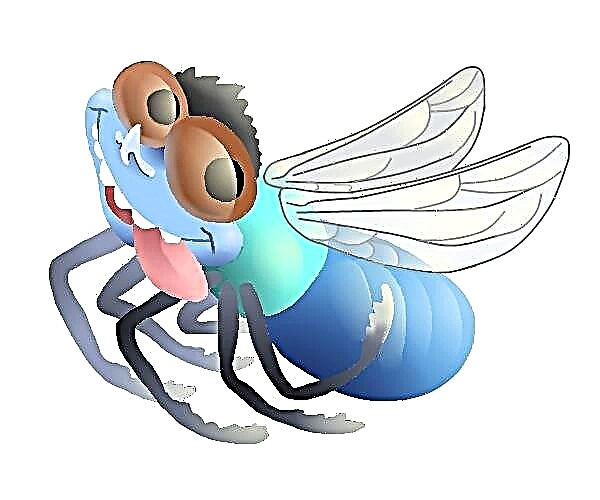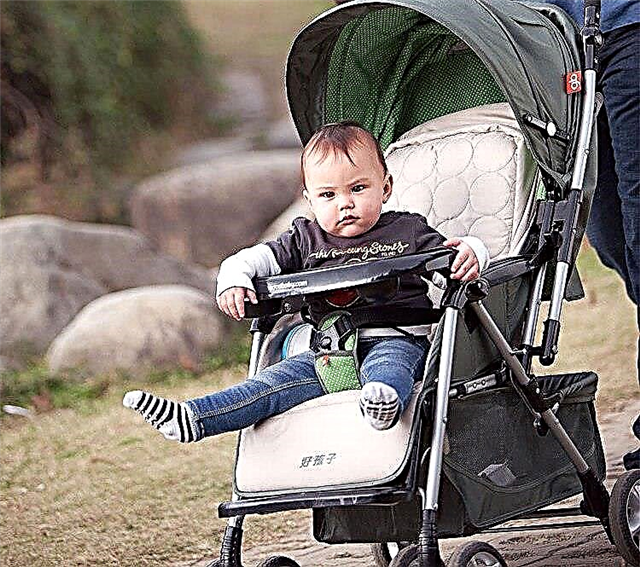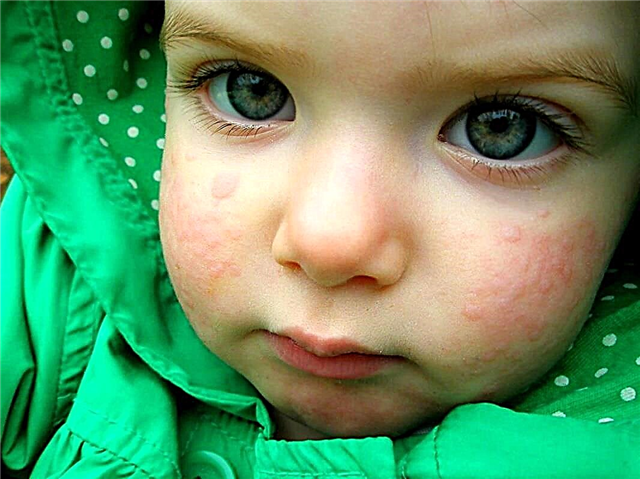Many parents have trouble urinating in their children. In medical practice, a violation of the normal excretion of urine is classified as difficulty urinating, or stranguria. Most often, girls suffer from this unpleasant pathology. This is explained by the anatomical features of the structure of their urinary system, its functioning and close connection with the reproductive organs.

The child wants to use the toilet but cannot write
How often should a child write
Attentive parents always care not only about the diet of their baby, but also about the further fate of the products used. More specifically, about urination, because the frequency of going to the toilet or its absence may indicate an early stage of development of certain diseases.
Often, young mothers are worried if the baby has even minor problems. Anxiety visits parents if the baby does not pee at night, or the newborn wrote little during the day.
In the first day of their life, babies pee very little, so doctors often have to explain to young mothers why a newborn does not pee for long periods of time. Urination in infants on the first day occurs on average 2-3 times in 24 hours, this is considered the norm.
At night, almost a newborn baby does not pee. On the second or third day, babies begin to go to the toilet 20 to 25 times a day.
After six months, the number of micturitions within 24 hours in infants varies from 15 to 16 times. In a year, it is considered normal if a child urinates 10 to 12 times a day. By the age of five, urination is reduced to 7-9 times a day. Based on statistics, if a baby does not pee often enough from the second day of life, then in this case he needs the help of a specialist.
Note! In children over the age of five, the bladder is large enough, in both girls and boys, to hold urine for about two hours during the day. At night, no more than 1-2 trips to the toilet are allowed.
Children from 7 to 9 years old should urinate 7-8 times a day, at an older age the amount of urination should be reduced to 6-7 times.
Signs of deviation from the norm
Adults should carefully monitor children's health and well-being. If the baby suddenly starts urinating every 10-30 minutes, peeing for no reason, then this is a signal to seek help from a doctor. If the child urinates too rarely, then this also indicates certain deviations.

Table of urination rates in children
Note. The reason to sound the alarm is considered to be a decrease in the excretion of urine, even by one quarter of the normal amount.
Causes of Difficulty Urination in Children
If a girl or boy cannot write what to do in such a situation, only the doctor can determine after finding out the reason for the deviation.
Difficulty or impossibility of self-emptying of the bladder may indicate pathological reasons. There are relatively many of them; only a doctor can accurately diagnose.
If the child cannot write, then this may indicate a number of problems:
- diseases and pathologies of the nervous system;
- the presence of an obstruction to the outflow from the bladder;
- congenital phimosis;
- factors of a reflex and toxic nature;
- congenital or acquired kidney disease.
When urinary retention occurs in a child at any age, it is necessary to correctly and timely determine the cause.
Physiological causes and functional failures
If the child cannot pee, then the cause of this condition may be short-term changes in the neuro-reflex regulation of the sphincters of the bladder and urethra. Deviations can be triggered by:
- active growth of systems and organs;
- changes in hormonal levels;
- hypothermia of the body;
- prolonged emotional stress;
- prolonged overstretching of the bladder;
- the predominance of excitation processes over inhibition processes.
Inflammation of the bladder, urethra, and swelling of the urethra
According to statistics, most often a child cannot walk on a small one as a result of inflammatory processes in the bladder and urethra. As a result, the mucous membrane of the bladder becomes inflamed and swollen, which leads to difficulty urinating, cramps, pain and fever.

Urinary problems in girls
Change in hormonal levels
If the child cannot pee the girl, then hormonal changes may be the cause of the condition. Most often, this kind of problem occurs in adolescence and with endocrine imbalance. In addition, inflammation of the female genital area and closely located organs can provoke the problem, as a result of which it is difficult to urinate.
Neurogenic bladder and neurogenic disorders
Stranguria in children can develop and progress as a result of neurogenic disorders and neurogenic bladder. Stresses, neuroses, prolonged urinary retention, adaptation in a new team can provoke the development of pathology. In this case, you may not be able to urinate at all, or the process causes pain.
Other reasons
In addition to the above reasons, a lack of vitamins and minerals in the body can provoke urinary retention. A deficiency of potassium, calcium, B vitamins and magnesium can lead to disorders in the neuromuscular mechanism. This condition requires immediate treatment, otherwise in the end the situation may worsen and lead to the development of serious failures.
First aid
If the child has urinary retention, consult a doctor immediately. In no case can this problem be ignored, as this can lead to serious consequences. If a child at any age, even a newborn, does not pee, self-medication is strictly prohibited.
Who to contact
If the child cannot urinate, begins to cry, because he is experiencing discomfort, then you must immediately contact a specialist for diagnosis and treatment. This problem is dealt with by pediatricians, gynecologists, nephrologists and urologists.
Diagnosis of malaise

Diagnosing urinary problems
If the child rarely and little urinates, then to find out the true cause, it is necessary to undergo an examination. This requires:
- pass general analyzes of urine, blood, bacteriological culture, analyzes according to Nechiporenko and Zimnitsky;
- undergo an ultrasound of the urinary system;
- MRI and CT;
- X-ray examination using contrast.
Based on the results obtained, the doctor will be able to make an accurate diagnosis and choose an effective treatment.
Preventive measures
So that the child does not have problems with urination, it is necessary to carefully monitor his health, to exclude stress and deep shock, as well as hypothermia. The kid should understand that it is necessary to go to the toilet with the urge to urinate and in no case should not allow prolonged urinary retention in the body.

Baby can't pee
Difficulty urinating not only brings discomfort, but can also indicate various diseases. If signs appear, you should immediately consult with a specialist and start treatment. The sooner this is done, the more chances of avoiding unpleasant consequences.



